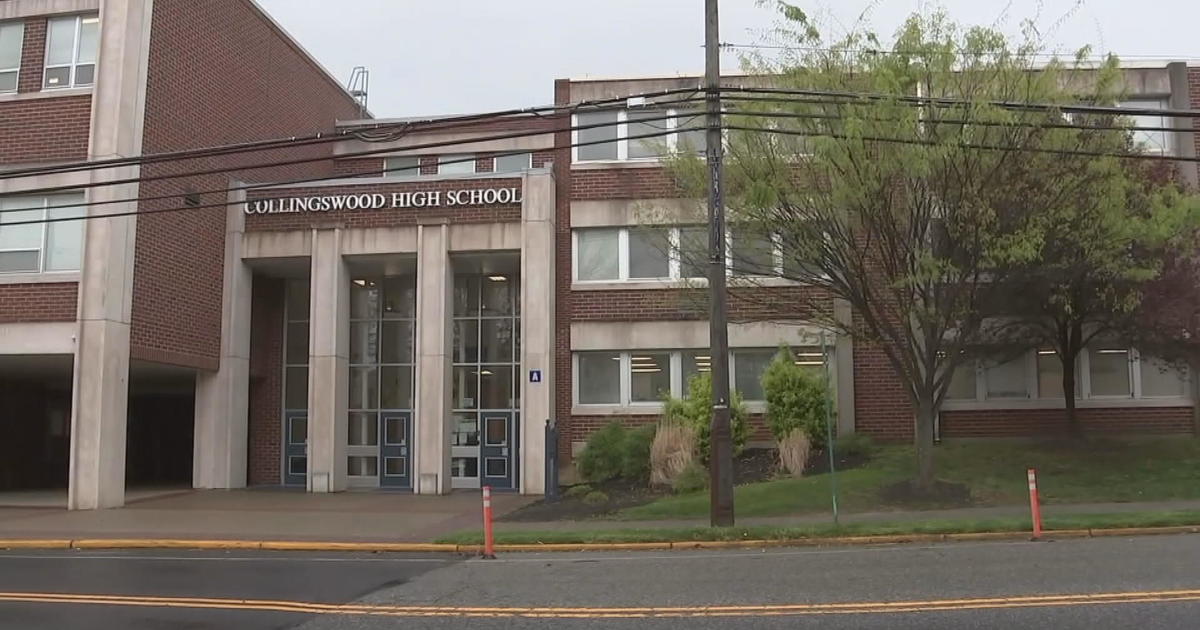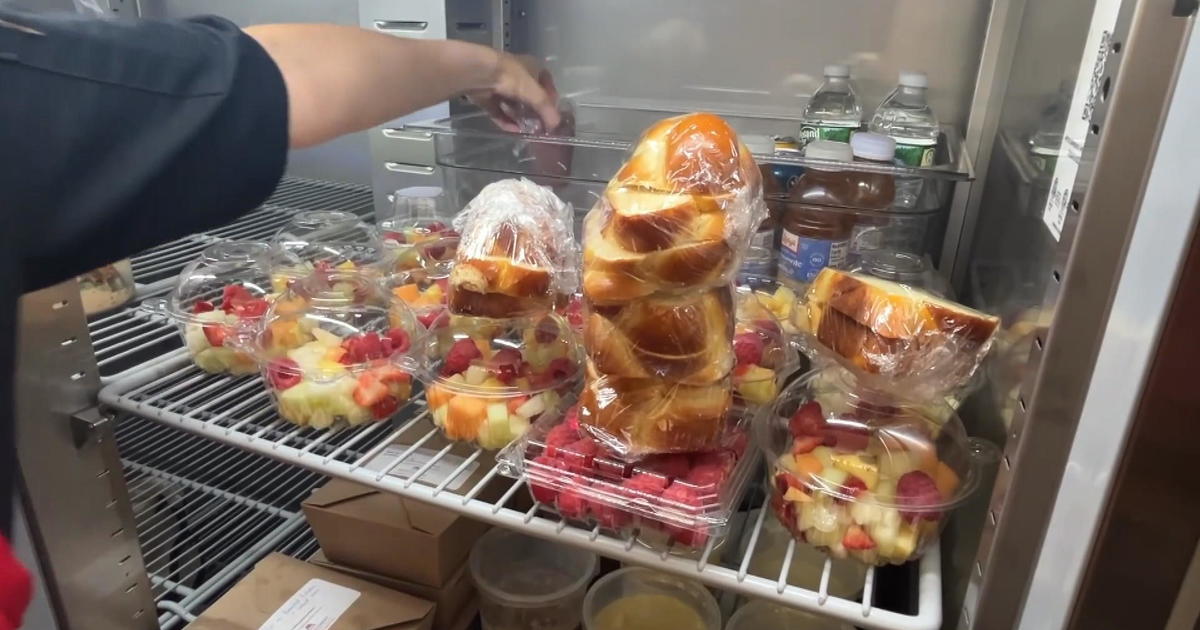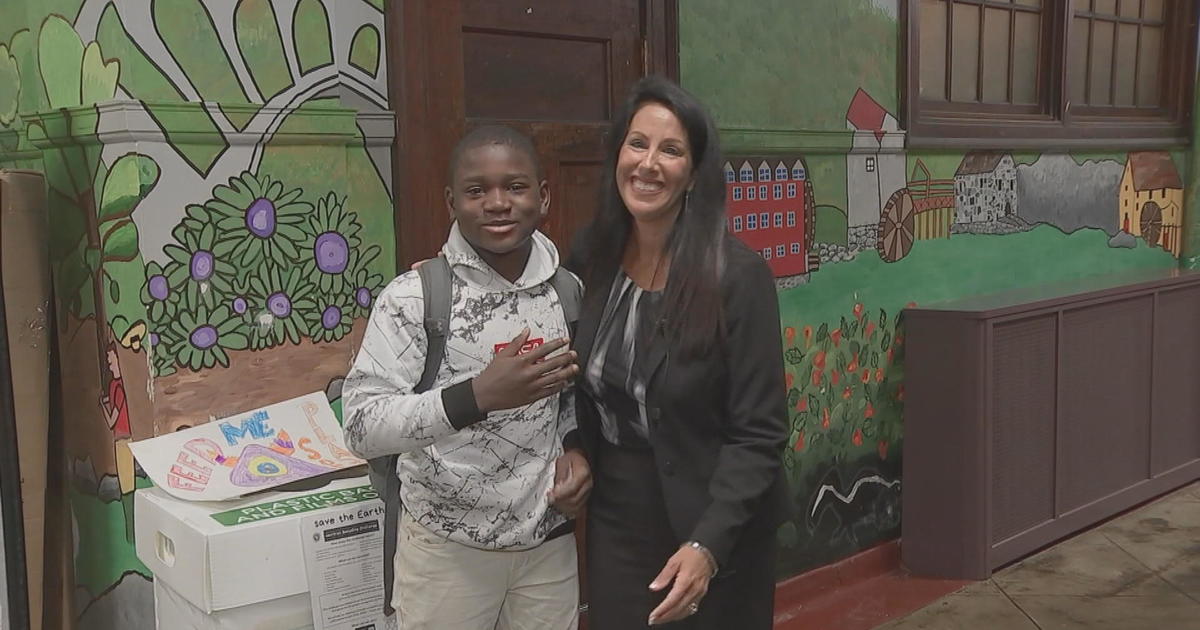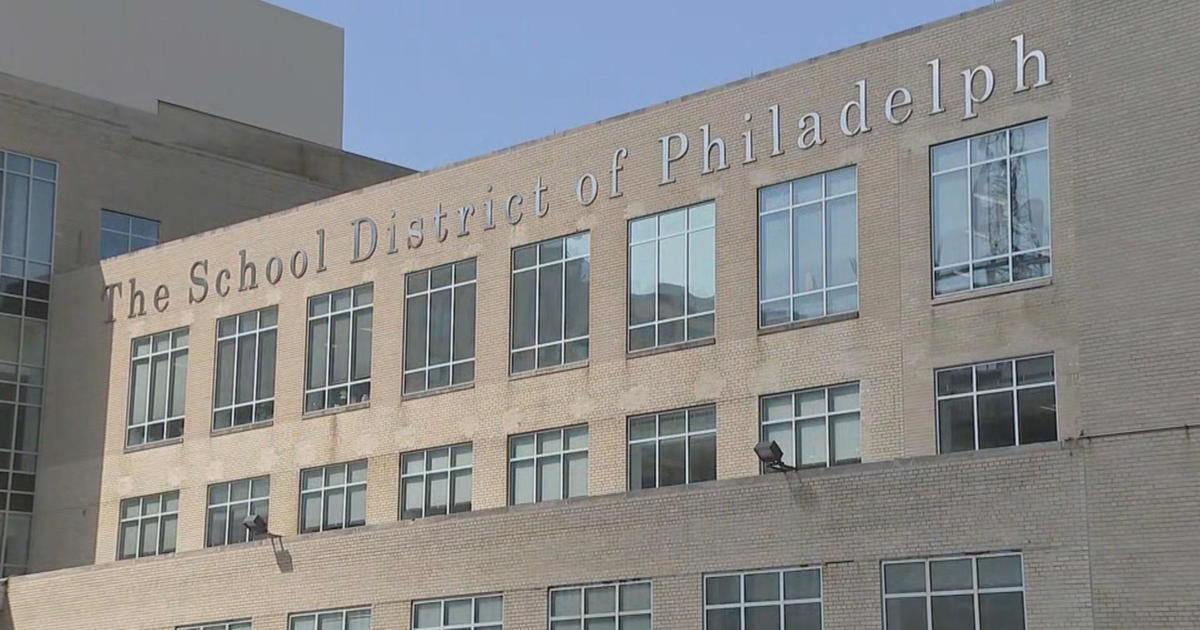Campus 'Free Speech Zones' Face New Round Of Scrutiny
On some college campuses, students and outsiders are allowed to protest and distribute flyers only in so-called "free speech zones." Supporters say it's a way to protect against disruptions to school operations, but opponents call it censorship.
The debate is headed to a federal court in California, where a student on Tuesday filed a lawsuit against Los Angeles Pierce College's "free speech area."
Kevin Shaw, 27, says the community college violated his First Amendment rights in November when he was barred from passing out copies of the U.S. Constitution because he wasn't in the free speech zone — an outdoor area roughly the size of three parking spaces — and because he hadn't applied to use it.
Calls to the college and to the Los Angeles Community College District, which oversees Pierce, were not immediately returned.
The lawsuit is part of national campaign by the Foundation for Individual Rights in Education, a Philadelphia free speech group whose lawyers are offering to help students fight similar policies at other colleges across the country.
The group says 10 percent of the 450 colleges it monitors have similar free speech zones, which became common in the 1960s as a way to control campus protests against the Vietnam War. Many colleges dropped the practice decades later amid opposition from students, but experts say it has survived at some schools as a way to rein in protests and to regulate outside provocateurs looking for a campus soapbox.
"I worry that when we talk about zoning speech, we're really talking about limiting it," said David Hudson, a law professor at Vanderbilt University who has written about campus free speech zones. "On the other hand, the school admittedly does have weighty interests like safety and order."
Speech zones have come under scrutiny again recently amid a broader debate about free speech on campuses. Lawmakers in some states have proposed greater free speech protections at public colleges after students at some schools disrupted events featuring speakers they deemed too distasteful.
Lawmakers in Colorado and Utah approved bills this year that ban free speech zones and expand protections across public campuses, saying students should confront ideas they might not like. Republican lawmakers have proposed similar bills in states including Texas, Georgia and Illinois.
Other schools that continued the practice have also faced lawsuits. Grand Valley State University in Michigan eliminated its two free speech zones this month after a group of students sued. Citrus College in California expanded its free speech zones to include most of campus in 2014 after a student sued.
Shaw's lawsuit in California also targets policies at the Los Angeles Community College District, which requires all nine of its campuses to designate official free speech areas. All other areas of campus are considered "non-public forums," according to the district's policies.
The lawsuit asks the court to strike down policies at Pierce and the district that limit free speech, and demands monetary damages for Shaw to be determined by the court.
Copyright 2017 The Associated Press. All rights reserved. This material may not be published, broadcast, rewritten or redistributed.



